|
Autumn marks the transition from the outward, easygoingness of summer to the inward, introspectiveness of winter. It's a time to begin moving inward both physically and mentally, to finish projects we started in spring and summer, and to let go of old thought patterns and destructive behaviors that are no longer useful.
The energy of autumn is balanced when we store what we need and release what we don’t. Just like trees drop their crimson foliage, we too should look at our lives with a discerning eye and decide what habits, patterns, and relationships we consider worth carrying through winter into a new year. It is a time for setting limits and protecting boundaries. Autumn also corresponds to two organ systems, the lungs and large intestine. The first being a container for emotions around loss and grief, and the second, a container for physical waste. Both vessels are designed to hold only what we need and to release the rest, and both should be nurtured during this time of year. Here's how:
0 Comments
I can't tell you how many times I have been asked how acupuncture works. I usually respond by joking it's magic, followed by a chuckle and a we-honestly-don't-know-yet. Recently a couple of scientific studies (gasp!) have made my news collator and there's this one idea I find very compelling: let's talk about fascia!
What Is Fascia? Ever heard of it? From the Latin word meaning band or door frame, fascia is a type of connective tissue found all over the body. It connects different tissues together (skin to muscle, muscle to bone), compartmentalizes muscles and organs, and holds our organs in place. You can choose any two points on the body and find a pathway connecting them by looking at fascia, giving the term "connective" tissue a whole new layer of meaning. Made primarily of collagen, fascia is more or less impenetrable to biological substances such as water, blood and air. It also just happens to generate and transmit electricity. How Does Fascia Relate to Acupuncture? Pathways in the body that conduct energy sound an awful lot like acupuncture channels. Could this electrical energy be what the ancient Chinese described as Qi? Ever have an acupuncture point at your knee stimulated only to feel a sensation down the leg and into the foot? I'd describe this as the movement of Qi along the channel, or meridian, but it very well could be that the acupuncture needle is creating a surge in electrical energy, and that current is traveling down the fascia. It has been shown (by scientists!) that rotation of the acupuncture needle causes connective tissue to attach to the pin, like spagetti on a fork, and the entire time the needle is in place there is increased electrical conductivity on a cellular level. Wow! Of course there is much still to be understood about the mechanism(s) of acupuncture but I find this to be very promising! Do I Need More Magnesium In My Life?/magnesium/ a mineral needed for more than 300 biochemical reactions in the body What Does Magnesium Do In The Body? It's probably easier to answer the question, "What DOESN'T magnesium do in the body?", as magnesium helps to maintain normal nerve and muscle function, supports a healthy immune system, keeps the heart beat steady, and helps bones remain strong. It also helps regulate blood glucose levels and aids in the production of energy and protein. What Are The Symptoms Of Magnesium Deficiency?
Dietary Sources Magnesium is found in a variety of foods, including legumes, green leafy vegetables and dairy products such as milk and yogurt, however, most people are not getting enough from their diet these days. This can be chalked up to increased sensitivity to dairy (who drinks cow's milk anymore?), poor mineral content in mass produced foods, and increased inability to absorb nutrients from the foods we eat (due to IBS, excessive use of antibiotics, or Chrohn's disease). Supplements The good news about magnesium is that it can be absorbed topically. If you aren't sure if you are deficient or not, you won't go over your daily recommended allowance by applying it directly to your skin. I prefer to use magnesium oil sprays, every day after a shower, or long soaks in Epsom salt baths once a week. After maintaining this regiment for 6 months I can personally report a 99% reduction in menstrual cramps, and significant improvements in both my sleep and mood. Is Magnesium Right For Me?
If you are living an active and healthy life, eating right and exercising, yet still struggle with muscle cramps, stress, sleep issues, migraines, or are at risk for heart disease or osteoporosis, why NOT give magnesium a try? It's 100% natural and necessary for over 300 biochemical reactions in the body. Stick to topicals though, as taking supplements internally can cause GI symptoms such as abdominal pain and loose stool. /insomnia/ When you have trouble falling asleep, staying asleep, or both (more often than not) What Causes Insomnia? The causes of insomnia are as varied as the people who have it, but I think of them in three categories: Emotions by far are the most common culprit. Who hasn't felt stress, anxiety, or depression at some point in their lives? Additionally, trauma, grief, personality disorders, anger and chronic worry all upset our bodies' natural ability to shut down at night in order to recover from the demands of the day. Physical illnesses such as allergies, asthma, acid reflux, hyperthyroidism, kidney disease, prostatitis, Parkinson's and chronic pain also interrupt our ability to sleep long enough to sink into REM cycle, that part of sleep that restores and rejuvenates. Things we put in our mouths include certain medications and supplements, sugar, alcohol, caffeine and nicotine. Even simply eating too late can disrupt our bodies' ability to rest and digest. Why Sleep is Important Nighttime is when we recharge our batteries. It's when the body heals damage from the previous day, grows muscle, repairs tissues and synthesizes hormones. It is essential in any healing process, from cancer to overthinking, and without it we are unable to rejuvenate. In Chinese medicine we learn that there is a certain amount of Qi (vital energy) inherent in our DNA that more or less predetermines how long we will live, but there is also the day-to-day Qi that we cultivate through mindfulness, exercise and healthy eating habits that supplements Ancestral Qi, reduces chances of disease, and improves our quality of life. How Acupuncture and Chinese Herbs Can Help TCM (Traditional Chinese Medicine) has evolved over literally thousands of years, and in that time, it has emerged that our bodies tend to malfunction in patterns. Your practitioner will determine what pattern you are personally experiencing and then provide acupuncture and herbal remedies to rectify any imbalances. For example, if you tend to lie in bed at night overthinking to the point of not being able to fall asleep, they will prescribe herbs and acupuncture points to quiet the mind. If you have long restless nights during which you wake often, well, we've got a different set of acupuncture points and herbs to treat that, too! It's all about finding a balance between mind-body-spirit and the natural world. Remember, once that harmony is re-established, your body will have a new pattern. And, if you make the recommended diet and lifestyle changes, you won't need TCM to help you sleep anymore. Your insomnia will be a thing of the past! What You Can Do Right Now
Let's say you aren't yet ready to give TCM a try. Here are a few quick tips to help you improve your quality of sleep tonight:
/pms/ When you experience bloating, acne, fatigue, breast tenderness and/or moods that swing between despair and fury a week or so before your period Whether you find yourself devouring sweets, searching for a pair of jeans that actually zip up, or screaming at a co-worker or loved one, most women can relate to the symptoms that arise in the week (or two) before our periods. Your MD will recommend birth control pills to control the symptoms, but if you are looking for a more natural approach, try Chinese medicine! What Causes PMS? PMS is caused by the natural ebb and flow of the hormones estrogen and progesterone. When life has us working too much, not eating enough of the right foods, not sleeping enough (or sleeping too much), or dealing with chronic stress, things easily get out of balance. There is also scientific evidence suggesting that these hormone fluctuations can affect certain chemicals in the brain that regulate mood. 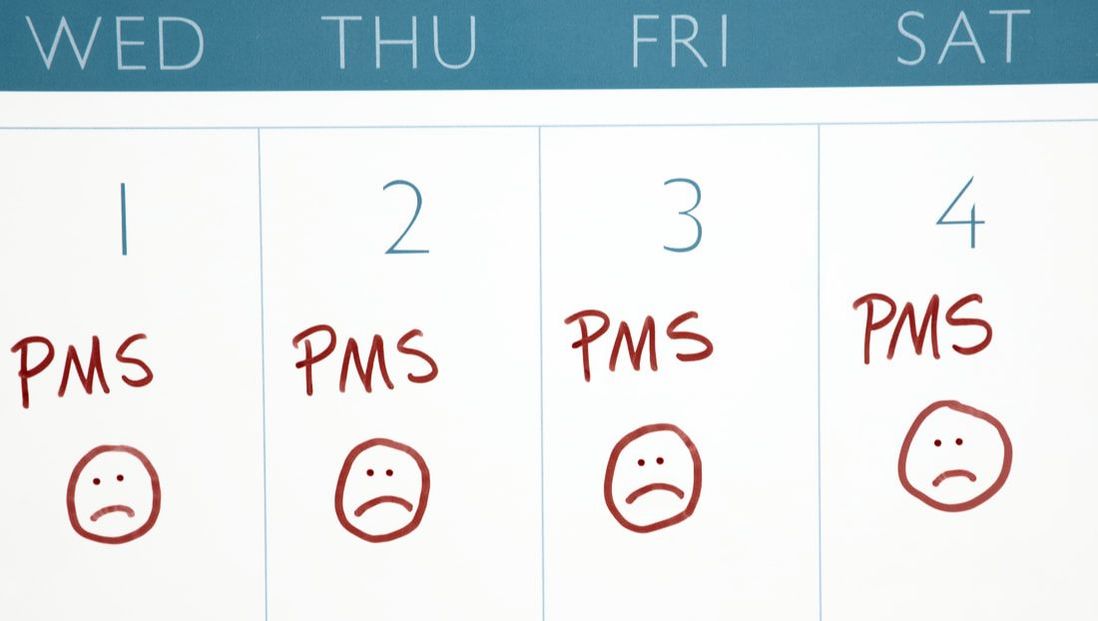 How Chinese Medicine Can Help Acupuncture and Chinese herbal remedies can not only regulate the levels of estrogen and progesterone that are in the blood stream at any given time, but also help the body to achieve its desired state of balance (homeostasis) month after month. Generally speaking it takes about three menstrual cycles to see and feel a difference. During that time your acupuncturist will work with you on diet and lifestyle choices that can help your body better process these ups and downs, and stimulate the brain to release more of those 'feel-good' brain chemicals like seratonin and endorphins. Please note! Side effects of regular acupuncture include more energy, better sleep, lower blood pressure and feelings of euphoria and relaxation.
/Polycystic ovary syndrome/PCOS/ When you have either irregular or no menstrual periods, acne, obesity and excessive hair growth due to abnormal functioning of the ovaries What is PCOS? PCOS is a common condition where small, benign cysts grow on the ovaries, preventing ovulation and disrupting the natural ebb and flow of hormones. Its causes aren't exactly understood but if you are a woman of childbearing age, there is a 5-10% chance you could have it. This risk increases if you are obese or have a close female relative with PCOS. Symptoms of PCOS
How Chinese Medicine Can Help Traditional Chinese medicine utilizes a holistic approach based on the idea that a human body is a microcosm of the natural world, and therefore subject to its laws and patterns. Although the mechanisms are not completely understood (yet!), acupuncture stimulates the nervous system in such a way as to influence homeostasis, or the body's ability to maintain a balanced and stable environment. In other words, the body wants to be in a balanced state of equilibrium, and acupuncture can help it get there. Your acupuncturist will provide treatments and herbal teas to restore hormonal balance, normalize menses and hair production and improve fertility, all naturally. Expect to be in care for 3-12 menstrual cycles, with significant changes noted in the first three months. Diet and Lifestyle - Living with PCOS
If you aren't ready to go under the needle just yet, there are still a few lifestyle hacks you can try right away if you suspect you have PCOS. There is a connection between PCOS and high insulin resistance, and since the condition itself is considered inflammatory, you can manage most symptoms by adopting a low carb, anti-inflammatory diet and exercising regularly. Low carb does not mean no carb! Try switching high glycemic foods like starchy potatoes and white rice for quinoa and sprouted grain breads. Increase your consumption of brightly colored vegetables and minimize processed, sugary and greasy fried foods. Look into eating Paleo and don't fear healthy fats! Avoid caffeine, common food allergens (shellfish, dairy, nuts, soy, wheat, eggs) and anything treated with pesticides. Lastly, exercise your muscles, not just your heart and lungs. It's complicated, but the more you work your muscles, the more your body can metabolize the fluids that condense into cysts in the body. So try a few planks or squats or home, or even better, enlist the help of a trainer to learn some basic and safe weight lifting moves to do between those moderate cardio sessions. /gout/ When you wake up one morning with a very painful, red, and swollen big toe (or other small joint) Most people have never heard of gout, or if they have, associate it with medieval medical lore right alongside leeching and bloodletting. Fear not! Acupuncture and herbal remedies can not only relieve painful symptoms, but also prevent future attacks. What Causes Gout? Gout happens when extra uric acid in the blood crystallizes and lodges in small joints. Uric acid is a normal byproduct of healthy metabolism that our bodies use to balance acid levels, with any leftovers processed by the kidneys to be excreted in urine. There are many factors that cause extra uric acid to build up in the bloodstream, including:
How Chinese Medicine Can Help
Traditional Chinese Medicine (aka TCM) is an approach based on man’s earliest understanding of the human body, namely, that it is follows the same rules and laws of the natural world. (Cliffs Notes Version: The body has a system of channels that link together everything on the inside—muscles, organs, bones, vessels, blood, etc—with everything on the outside. When the body is in perfect harmony there is health and vitality. When illness or symptoms arise, the body is letting you know you are out of sync.) Your acupuncturist will prescribe acupuncture treatments and herbal teas to relieve the pain, flush the extra uric acid, and rebalance your system. They will also recommend dietary and lifestyle changes to prevent future attacks. Please note! Side effects of regular acupuncture include more energy, restful sleep, lower blood pressure and feelings of euphoria and relaxation. |
AuthorJulie M Baumhofer, L.Ac is an herbalist and acupuncturist passionate about sharing her understanding of traditional Chinese medicine. She is based in San Francisco and currently accepting new clients.
Archives
October 2022
Categories |

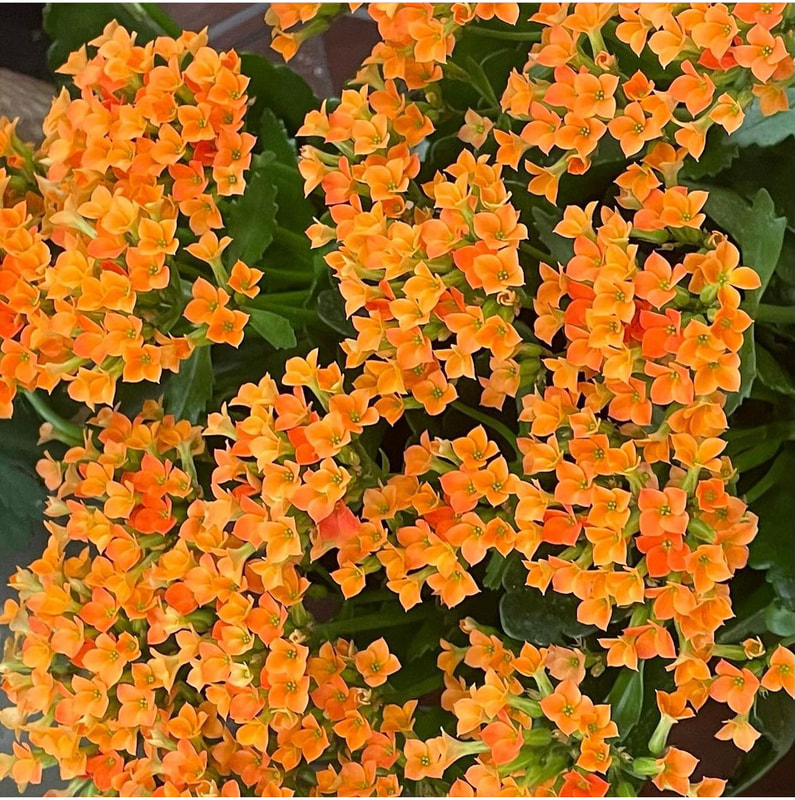
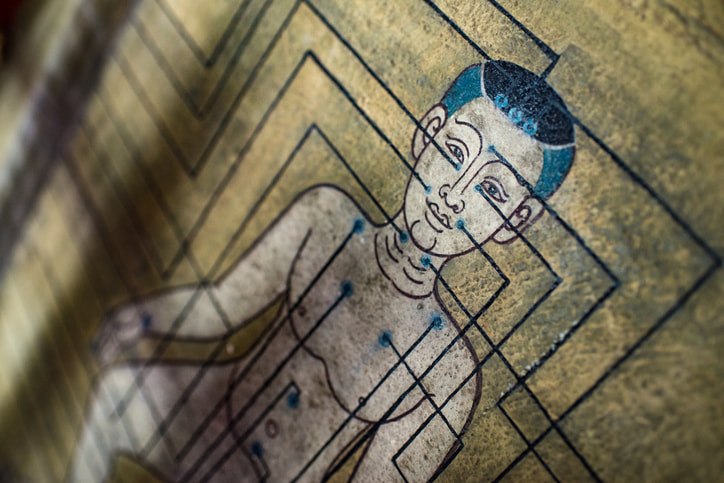
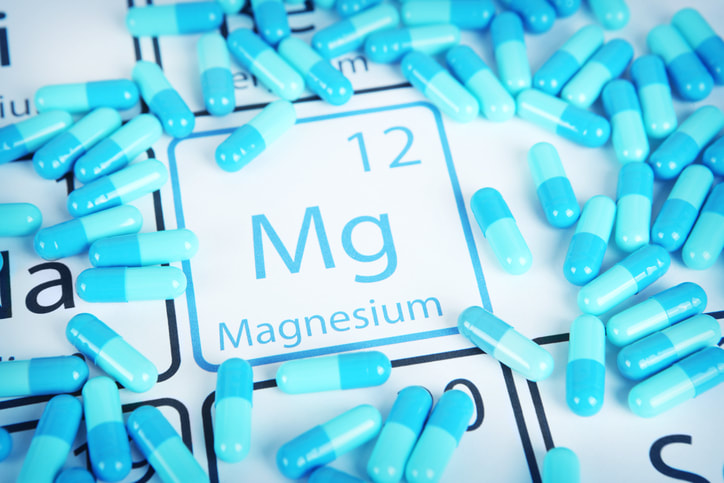
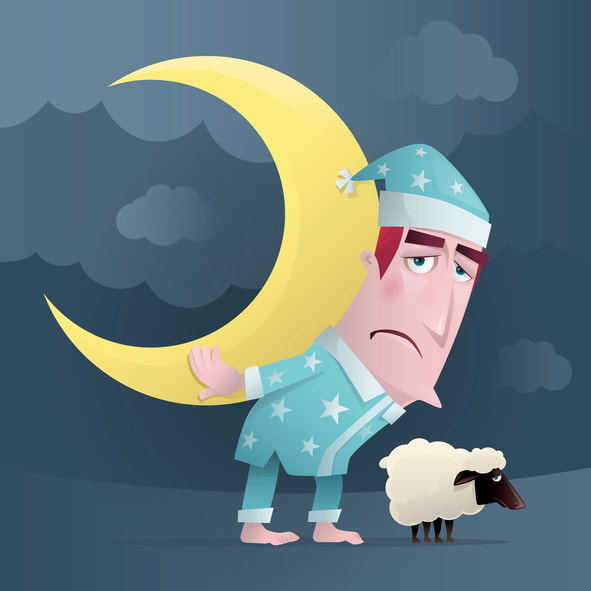
 RSS Feed
RSS Feed